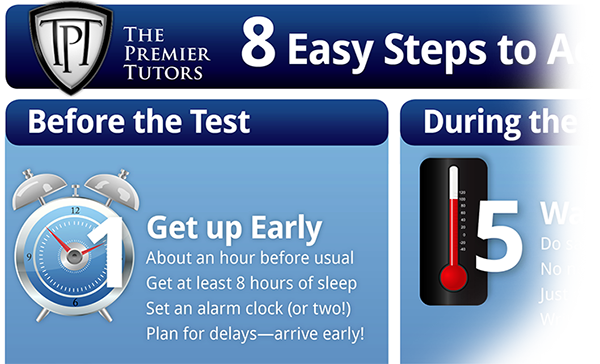
(Mouseover for meanings)
Loquacious! No, that is not an obnoxious word. It means someone who is verbose, or garrulous, antithetical to someone who is taciturn or reticent. Remember Deadpool from X-Men? Now he personifies loquaciousness with his constant blabbering! You may differ: but I opine that just his incessant prating would suffice to vanquish his enemies! Continue reading









